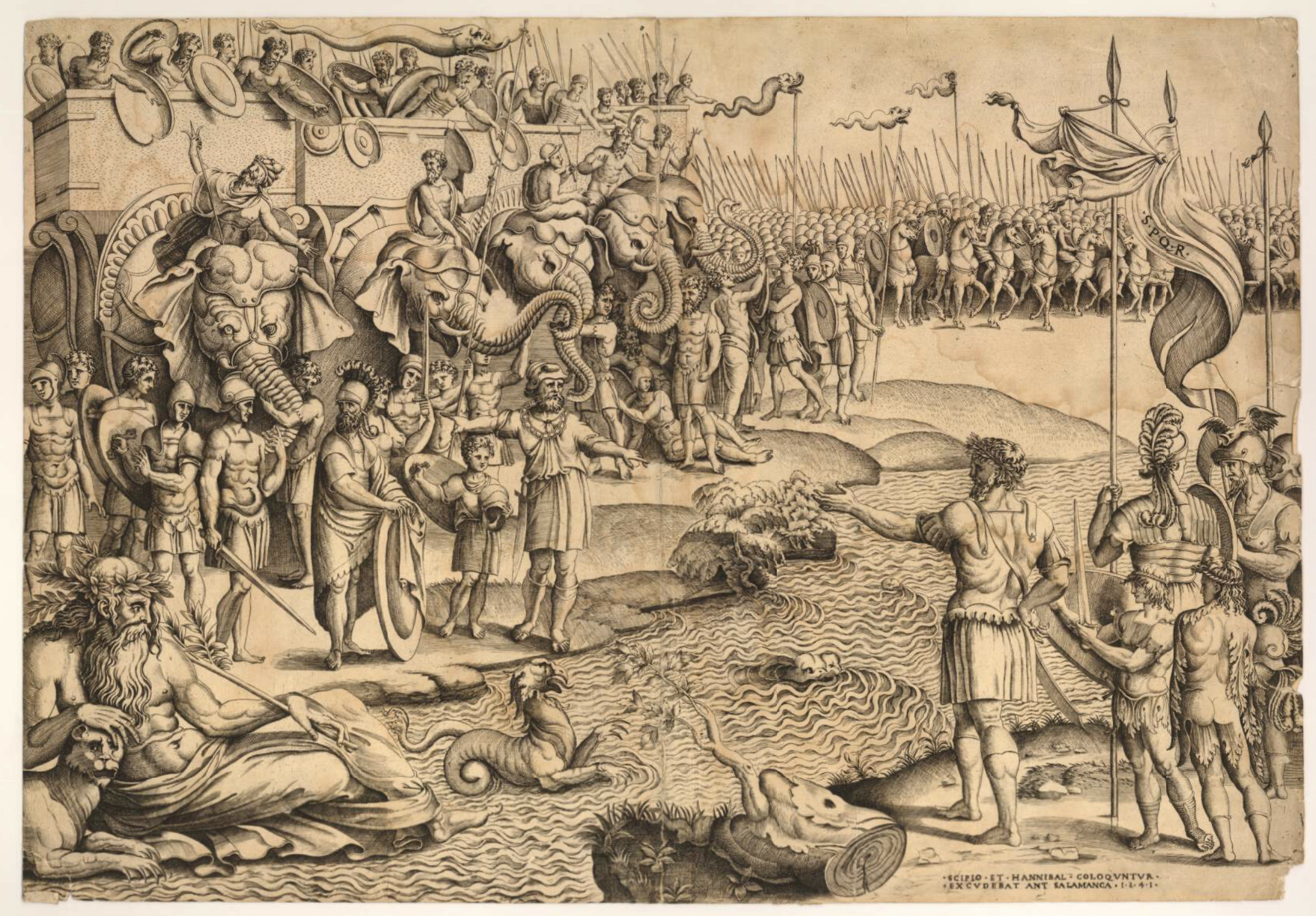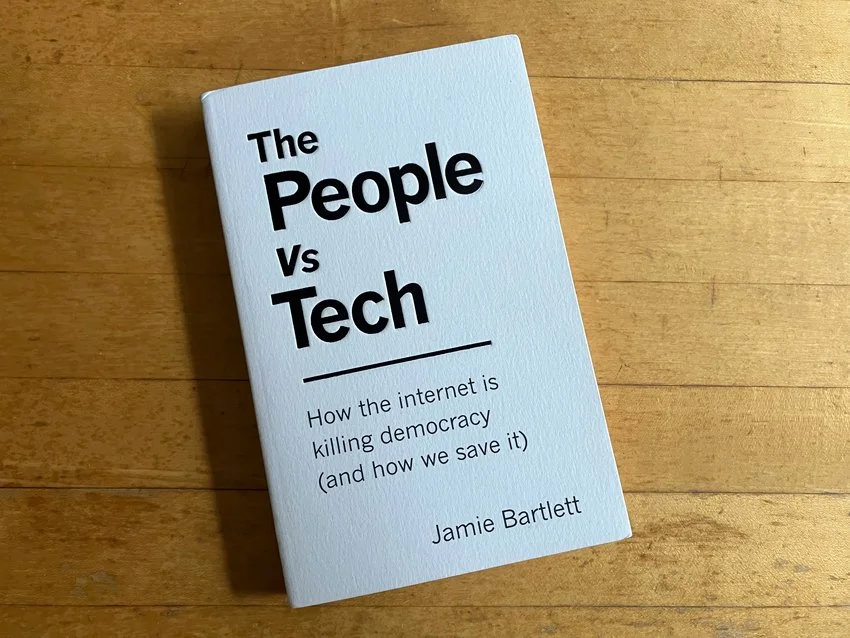In his book War and Peace and War: The Rise and Fall of Empires, Peter Turchin illustrates the role of group cohesion in the success of nations.
Read MoreMattias Desmet’s The Psychology of Totalitarianism puts forward a compelling new theory about unconscious group behaviour in the political sphere.
Read MoreBig picture students of history know that empires and civilizations rise and then fall. American scholar William Ophuls explains in his book Immoderate Greatness that their own success undermines them, and that the process of collapse is unavoidable.
Read MoreJohn Zada’s most recent book looks at how the news skews our perceptions and disorients society.
Read MoreIbn Khaldun, a 14th century Arab historian, wrote that most understanding of politics and history is a result of bias, whereas more permanent and accurate laws lie beyond that.
Read MoreMany are wondering whether the global COVID-19 crisis is the harbinger of greater global cooperation or a confirmation of our more 'selfish selves.'
Read MoreThe great British economist John Maynard Keynes is reputed to have once quipped to someone, “When my information changes, I alter my conclusions. What do you do, sir?”
Read MoreJamie Bartlett’s recent book outlines dangers of the digital revolution and offers possible solutions on how we can protect our personal privacy, and democracy itself.
Read MoreSir John Bagot Glubb, a little-known British soldier with long ties to the Middle East, wrote a manifesto about the rise and fall of empires that should be on everyone’s reading list.
Read MoreAmerican Social Psychologist Jonathan Haidt overturns our assumptions that our political beliefs are the result of logic and informed conscious choice.
Read MoreThomas Hegghammer’s new book looks at the cultural practices of jihadists and poses the important question of why these fighters spend so much time on rituals, music, films, and storytelling.
Read MoreTim Wu, in his new book, The Attention Merchants, shows us how technologists, profiteers and politicians take advantage of our vulnerabilities for their own advantage.
Read More











